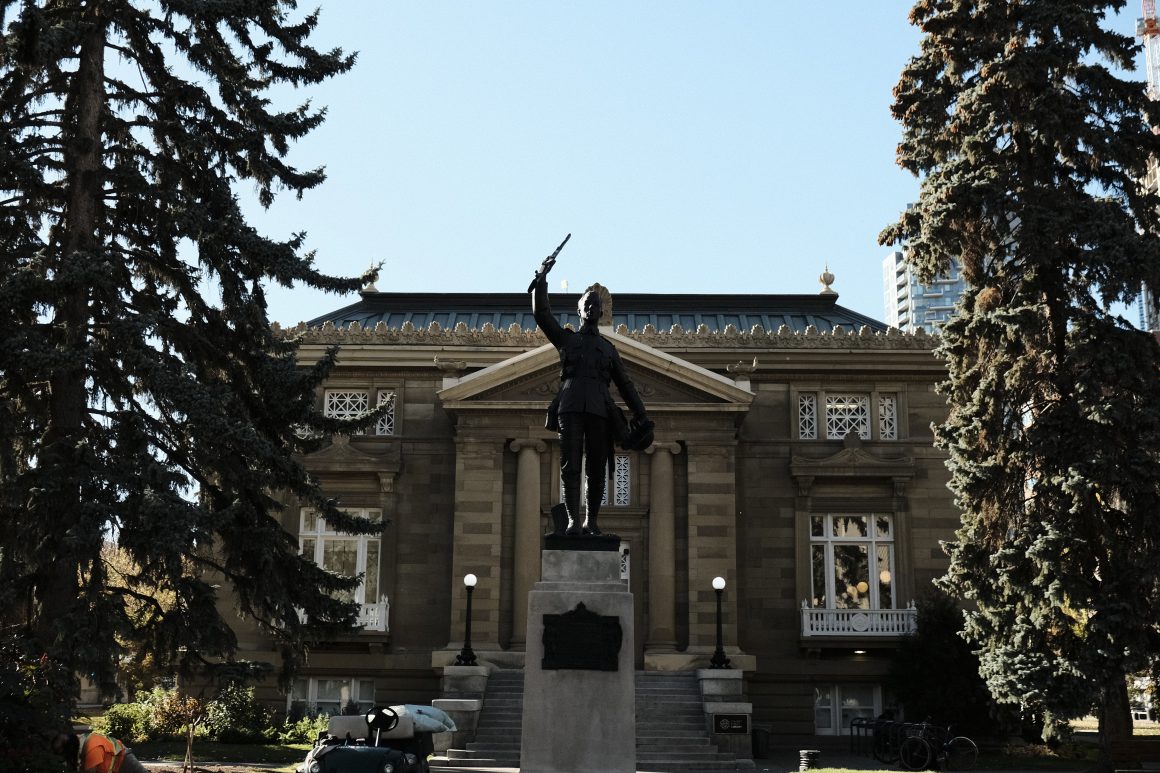
Evolving beyond books: The transformative role of public libraries into community buildings
By Katelyn Liakos, February 12 2024—
The role of the public library is evolving. While providing free access to a diverse range of books remains a vital mission, in a world where information is available 24/7, libraries are assuming a distinct role in our community – that of a third space community center. Our society lacks enough third spaces, which foster social interactions beyond home or workplace relationships and promote public relaxation. While restaurants, bars, and cafes fulfill this role, they often come with a cost. What about those in the community who seek activities outside their homes without a financial barrier? Although recreation centers have become community hubs, they typically incur fees ranging from six dollars to 30 dollars. This is where the public library becomes crucial.
The public library has evolved beyond being a quiet space for books –– it has transformed into a community meeting place. There’s no requirement for entry, no admission fee and you don’t even need to borrow a book. With many libraries eliminating late fees — becoming a library cardholder is easier than ever. This accessibility makes libraries “third spaces” for everyone, devoid of a built-in class system — as long as you have a free library card, the space is open for you.
Libraries have expanded their role as community hubs, going beyond traditional workspaces. A notable example is the central library in downtown Calgary. Alongside numerous quiet workspaces, desks, comfy chairs, and private rooms, they have innovatively incorporated conversational spaces. These spaces include a lecture theatre, an open main floor, a cafe spot inside the library, a teen area with hangout space and gaming consoles and a large children’s area with play activities and reading spots. This approach fosters community interaction not just among existing friends but also among strangers, spanning various age groups. By strengthening community engagement, libraries turn strangers into familiar faces, creating connections and memories that enhance people’s sense of belonging to the community.
Another factor that enhances the value of libraries as community spaces is the array of free programs they offer. Libraries have strategically shifted their focus towards comprehensive community programming, tailoring initiatives for various age groups. They have taken a proactive approach, providing free programs that would typically involve a cost.
Taking a closer look at the central library in Calgary as a prime example, they offer a diverse range of programs both online and in-person. These encompass activities from baby storytimes and career coaching to fundamental classes in various fields such as coding, business, and English language conversation groups. For instance, the library hosts regular coding workshops for teenagers, equipping them with valuable digital skills in a supportive environment. The library goes even further by extending its services to include clinics for free supportive health services, money management programs, and more. The programs mentioned here only scratch the surface, excluding various events.
These initiatives are not only aimed at catering to the local community’s diverse needs but are also designed to be accessible without a price tag. By eliminating financial barriers, libraries make these programs available to individuals with lower incomes, who might otherwise hesitate to seek out such opportunities due to associated costs. This type of community building is crucial, transforming the library from a mere physical space into a vital component of the community. It becomes a place where people know they can come for assistance, services, or simply as a welcoming space to hang out and relax.
While the concept of a utopia with free programming and community space is indeed remarkable and vital, it’s essential to recognize that achieving this vision is contingent upon government funding. Unfortunately, not every library has equal access to the same level of funding. A local small-town library, for instance, may not receive the financial support available to a large downtown hub like the Central Library.
This is where your involvement becomes crucial. Visit your library, participate in the free programs, and engage with the available resources. Demonstrating the value of these community spaces is imperative. It’s noteworthy that Critical or Radical Librarianship has become a significant discussion in the librarian community. This perspective urges library workers to acknowledge the underlying systems of power and privilege within the profession and actively work to challenge and change those systems. Going beyond the traditional role of librarians as information custodians and facilitators of access to knowledge. Instead, radical librarianship seeks to challenge and transform the structures of power and privilege that can exist within libraries and the broader information profession.
I firmly believe that part of this transformative process involves utilizing government funding to establish free programs that serve and empower the community. An empowered community, equipped with spaces to thrive and learn, contributes to a better community for us all. I encourage more librarians to adopt the principles of radical librarianship and I hope you will support them and take full advantage of the resources offered by your public library.
For more about the Calgary Public Library Foundation, visit their website.
This article is a part of our Opinions section and does not necessarily reflect the views of the Gauntlet editorial board.
